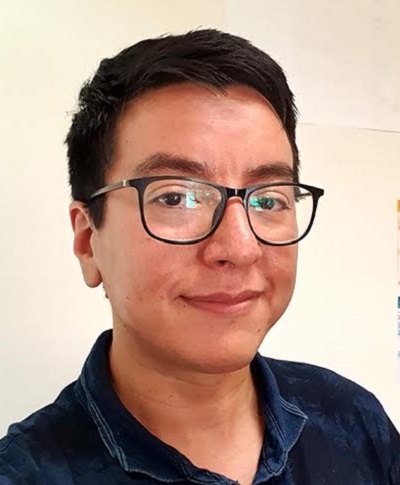
Science and critical thinking should be the guiding interface for the teaching of psychology and social sciences in general in Chile. The ‘scientific’ quality of psychology and related disciplines is a common topic of discussion within universities, perhaps unfamiliar to people outside the university world. This is accompanied by the fact that psychology is not a homogeneous body of knowledge that can be reviewed point by point during many university courses, unlike other types of professions.
The subjects taught depend on the type of professors who teach at a particular institution. In this context, the University of Aysén started 2020 with a career in Psychology aimed at preparing professionals ready to face relevant problems in the region.
The psychology profession in Chile has been a source of production for diverse professionals, regarding what they study and what they ultimately do when they go to work after graduation. The vast majority of psychologists enter with the expectation of learning technologies to help people with mental health and end up in some type of therapeutic practice or clinical psychology, as it is better known in the country. They are not the only professional fields in psychology, but they are the most common. Far from certain procedures, what is offered at the university is a frame of reference within which the problem to be solved or addressed is framed. This frame of reference, in my opinion, must be based firmly on scientific principles, beyond the diversity of viewpoints found in psychology at the national level.
For psychology, science means, first, that the tools used must be based on empirical evidence. Ideas must be tested against reality, treatments must be backed by evidence of their effectiveness, as well as interventions at all levels. A professional who takes a scientific viewpoint on regional issues will act supported by proven and proven evidence and theories. Science also means creating comprehensive descriptions of the reality that surrounds us and that affects humans. Ideas are generated by trying to outline reality, and in this regard several points of view must be taken into account, what we can call critical thinking. A professional who takes a scientific point of view will also consider different points of view on the same topic.
Students preparing at the university deserve teachers who can present these principles, in a reflexive exercise of the discipline, and, therefore, must be active in scientific research and knowledge production. The University of Essen has been serious in seeking teachers who reflect these values for careers in the social sciences and I am confident that students trained in this institution will be able to reflect them in their practice. However, this applies not only to the Aisen region, but to the discipline at the national level. In 2021 in Chile, there were more than 9 thousand newly registered in the country’s various psychology specializations, in about 41 programmes. The number of students is high, and the various programs do not necessarily focus on psychology from a scientific point of view, which will be reflected in the professional performance of these psychologists.

“Social media evangelist. Student. Reader. Troublemaker. Typical introvert.”

:quality(85)/cloudfront-us-east-1.images.arcpublishing.com/infobae/TEQF6EONZRFGLLLDIDD4L2O4EE.jpg)

:quality(75)/cloudfront-us-east-1.images.arcpublishing.com/elcomercio/XU32LRAEZFDDPNVHLFU3CKVBYY.jpg)



More Stories
Venezuela ranks fourth in female leadership in science and technology in Latin America
In Portuguesa and Sucre they explore the wonderful world of science
The university court overturns the expulsion of two teachers and a chemical sciences student